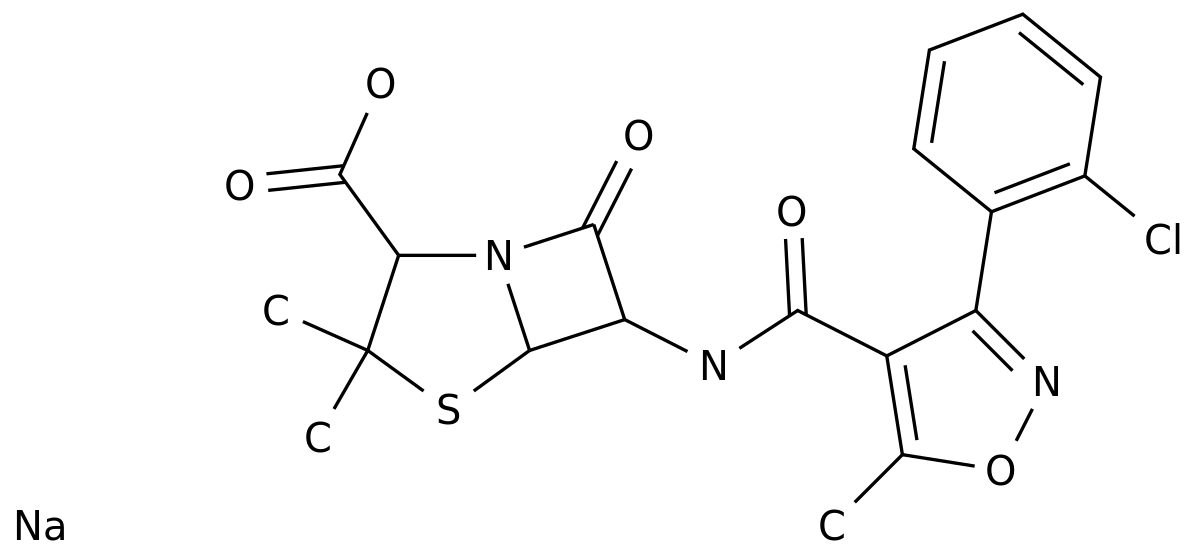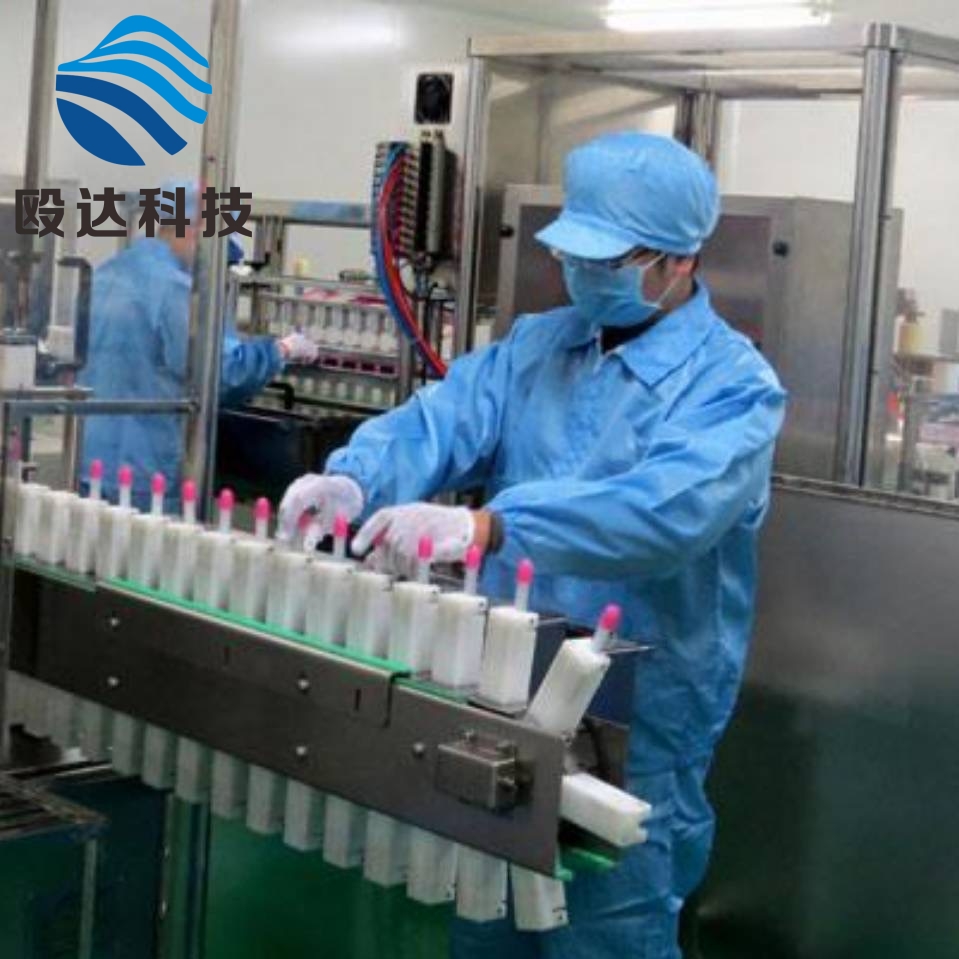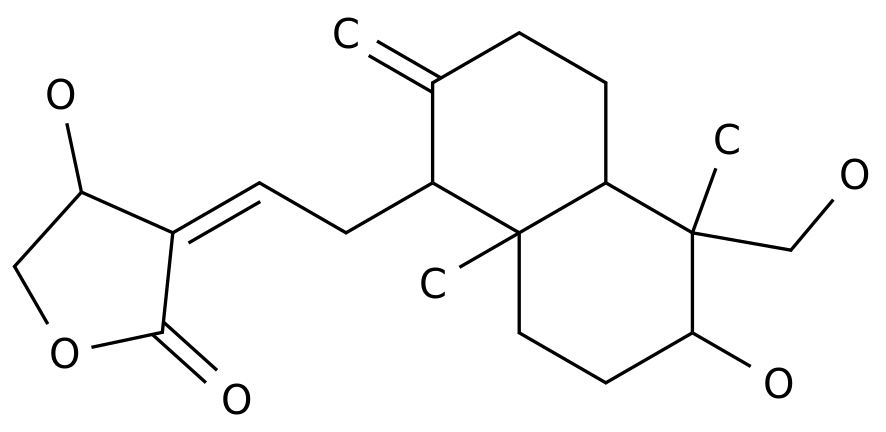-
Categories
-
Pharmaceutical Intermediates
-
Active Pharmaceutical Ingredients
-
Food Additives
- Industrial Coatings
- Agrochemicals
- Dyes and Pigments
- Surfactant
- Flavors and Fragrances
- Chemical Reagents
- Catalyst and Auxiliary
- Natural Products
- Inorganic Chemistry
-
Organic Chemistry
-
Biochemical Engineering
- Analytical Chemistry
- Cosmetic Ingredient
-
Pharmaceutical Intermediates
Promotion
ECHEMI Mall
Wholesale
Weekly Price
Exhibition
News
-
Trade Service
The World Health Organization estimates that about 2 billion people worldwide are infected with worms and can cause malnutrition, growth disorders, cognitive impairment and chronic immune system diseases.
treatment is mostly insect repellent, but the rate of re-infection is higher in the months after treatment.
, it is widely believed that type II immune response promotes parasite immunity and initiates tissue repair.
, however, there is no clinically lasting immunotherapy because we do not know enough about the type II immune response and host protection mechanisms.
July 14, 2020, nature Immunology published online a study by Mark C. Siracusa Research Group of New Jersey State University entitled "Basophils Prime Group2 innate lymphoid cells for neuropeptide-mediated.
the study, type II intrinsic lymphocytes (ILC2) are involved in immunosuppression mediated by neuropeptide neuromodulation hormone B (NMB).
DOI:10.1038/s41590-020-0753-y To clarify the regulatory role of alkaline granulocytes in the type II inflammatory response, the researchers infected mice with Brazilian yen nematodes to induce the accumulation of alkaline granulocytes in lung tissue.
results showed that alkaline granulocytes negatively regulate lung ILC2.
further studies have shown that in the absence of alkaline granulocytes, the ILC2 response induced by Brazilian yen nematodes increased, resulting in an increased inflammatory response and decreased lung function.
more importantly, in mice with reduced alkaline granulocytes, the expression of NMB subjects (NMBR) on ILC2 decreased, while the expression of NMBR in the analgesic macrophages did not change.
ILC2 surface NMBR expression In order to study whether NMB is a negative regulatory factor for type II immune response, the researchers used recombined NMB (rNMB) to treat wild type (WT) mice of Brazilian yen worms.
showed that extroactive NMB could reduce ILC2 response after infection with Brazilian yen worms.
, ILC2 did not respond to NMB stimuli in mice with reduced alkali-like granulocytes.
further studies suggest that alkaline granulocytes may trigger ILC2 inhibition of NMB mediated by expressing prosthyroid E2 (PGE2).
ILC2 surface NMBR expression in general, alkaline granulocytes trigger ILC2 to react to neuron derivative signals necessary to maintain tissue integrity.
study sheds light on the regulatory role of alkaline granulocytes in anti-worm immunity and identifies NMB as an effective inhibitor of type II inflammation.
this greatly improves understanding of the mechanisms of type II inflammatory immunology and will change the treatment strategies for worm infections and related diseases.
.







